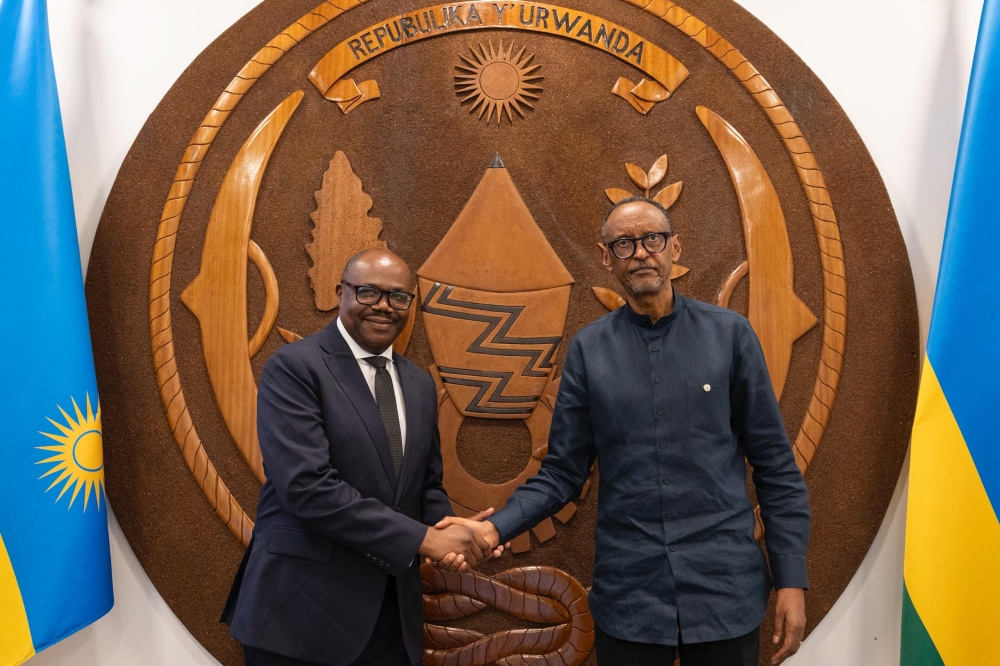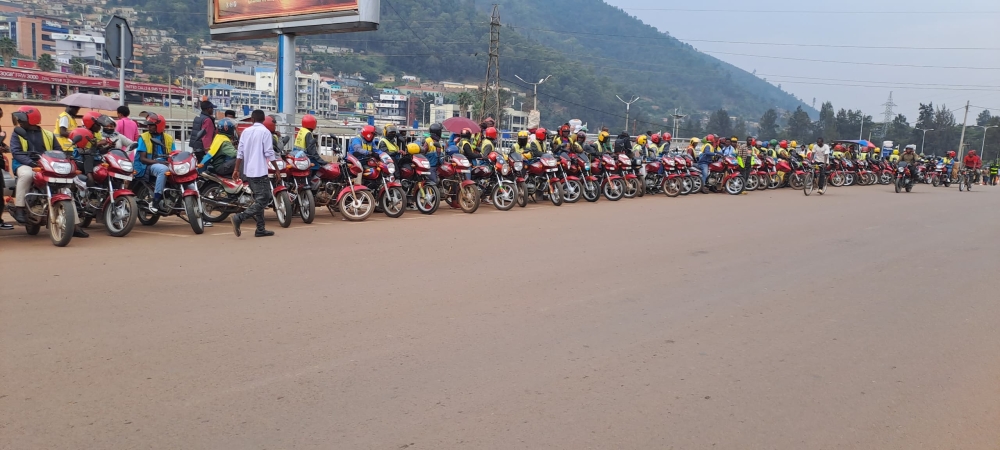This article shares the common pitfalls in public procurement that were discussed during the recent public procurement forum in Kigali.


This article shares the common pitfalls in public procurement that were discussed during the recent public procurement forum in Kigali. During the meeting, it was noted that over 60 per cent of the government budget is utilised through public procurement. This is significant considering that at least 50 per cent of the audit issues relate to public procurement, meaning that public procurement is an area that can greatly contribute to the number of clean audit reports issued annually by the Office of the Auditor General. All these arise probably most procurement entities lack procurement plans, which leads to non-compliance with tender laws and emergency of "unplanned and urgent” procurements. Others omit awarded tenders from procurement reports submitted to the Rwanda Public Procurement Authority (RPPA). This increases the risk of tenders that were not properly awarded or that did not comply with public procurement procedures.Splitting of procurements to ensure smaller thresholds in order to enable "easier " or "less competitive” methods of procurement or to avoid some necessary approvals is also another area that procurement officers should avoid. Use of inappropriate advertising media makes the procurement process less competitive if tenders are advertised in media that is not easily accessible to bidders such as newspapers and websites that do not have a wide circulation or audience. It is also important to ensure sufficient time is provided to bidders to respond to tenders. Allocation of less time for bid preparation limits competition because bidders who do not have sufficient time to prepare a bid will not respond. Improper evaluation of tenders can also lead to tenders being awarded to bidders other than the lowest bidder for unjustified reasons. Another area to watch is onerous administrative requirements that disqualify bidders and limit the number of bidders being evaluated. Unsuccessful bidders should also be notified and provided with an opportunity to appeal where necessary to ensure transparency. Contracting is an area that requires close monitoring. One common area where audit issues emerge includes revision of contract prices beyond the legal 20 per cent. Revisions beyond 20 per cent require separate tendering and issuance of a separate contract. Awarding contracts without obtaining the performance security from contractors is another problem facing the sector. This exposes the procuring entity to losses with no recourse in case of non delivery. Other common audit issues include lack of proper monitoring of contract execution and non-enforcement of contract clauses, for instance, failing to enforce penalties for delays in contract execution. Accepting substandard supplies that are not in line with specifications or certifying poor quality works and proceeding to make payments before rectifying identified defects is also common. Some entities also pay advances to contractors without obtaining advance payment security, which exposes them to losses in the event of non delivery of contracted services. In addition, where works are abandoned, the payments should not exceed the value of work done and there should be evidence of management follow up of abandoned works.Bank guarantees should also not be accepted without verifying with the issuing financial institutions to ascertain if they are genuine to avoid accepting forged guarantees. These pitfalls were presented and discussed during the public procurement forum. These are some of the common audit issues that have arisen in past public procurements. As we look ahead with a new spirit, let’s take into account lessons learnt from past procurements and aim at increasing the number of clean audit reports this financial year. This forum was timely in setting the pace for the year.The writer is the government and public services director at PricewaterhouseCooper Rwanda




